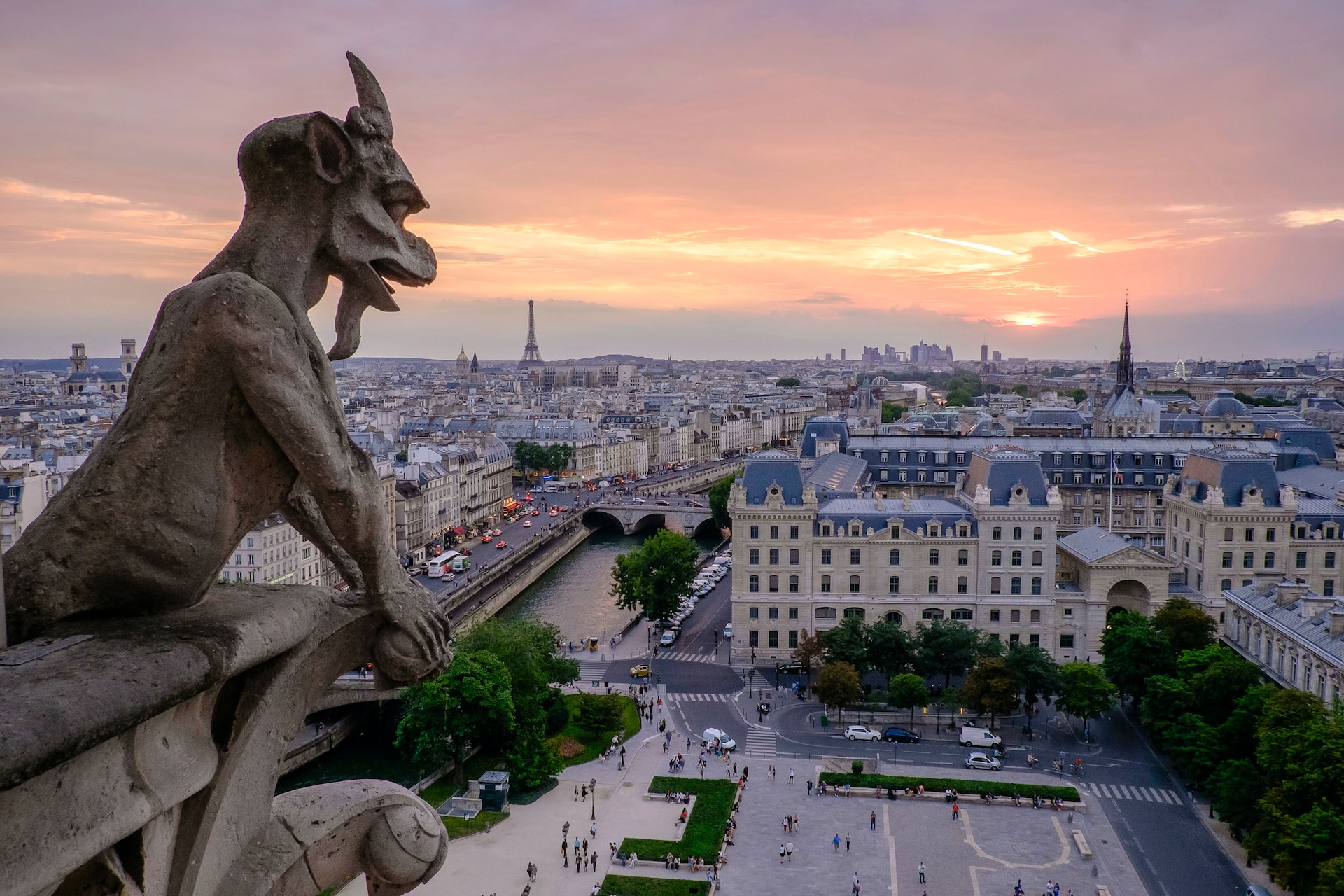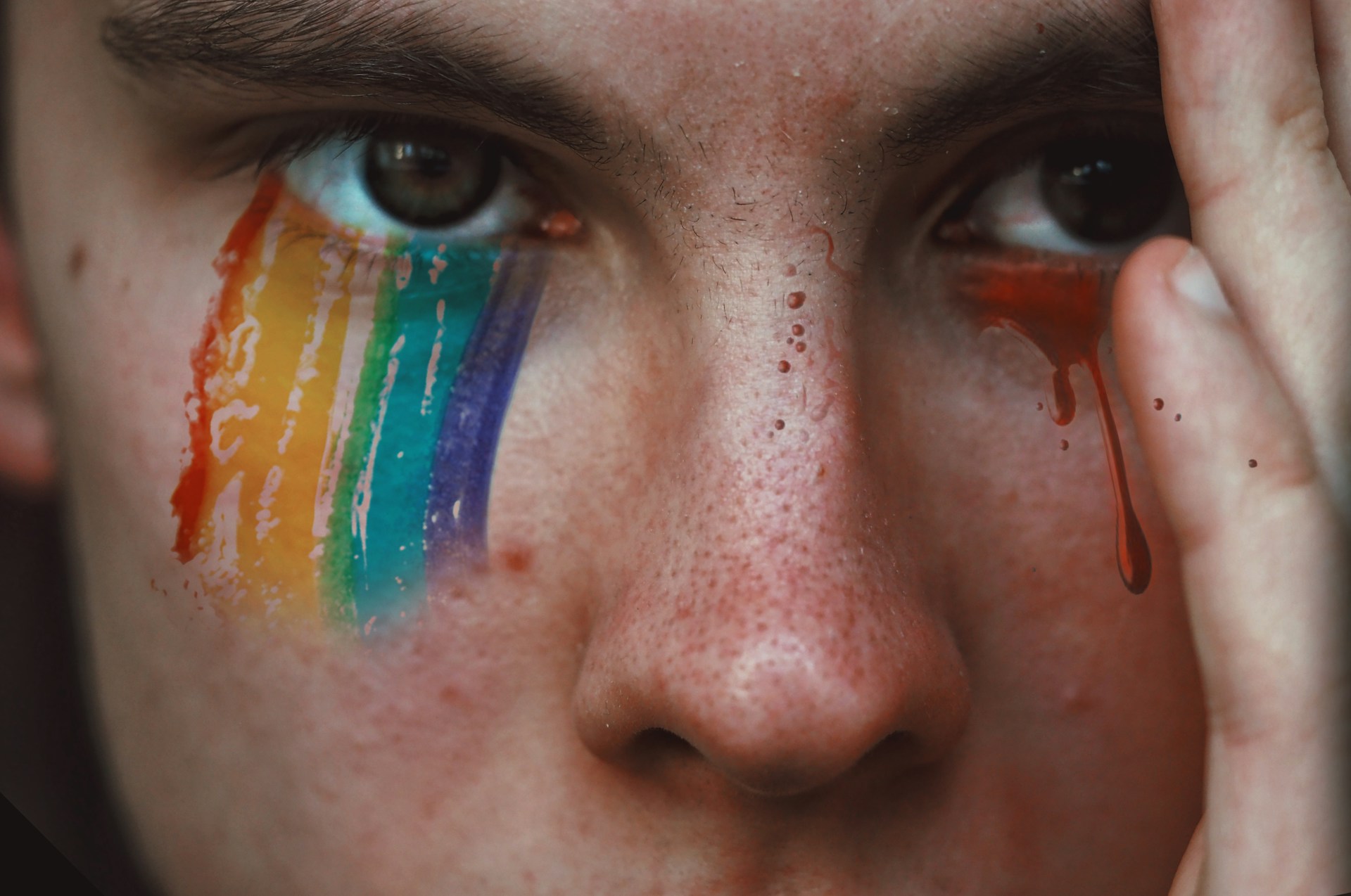French Senate Debates Historic Apology for Anti-Gay Laws

Bernard Bousset, now 82, vividly recalls the discriminatory ordeal he faced in 1964, which highlights the impact of France’s homophobic laws. After a minor theft incident, Bousset found himself charged under a law that set different ages of consent for homosexual and heterosexual sex, a remnant from Vichy France’s Nazi-collaborative regime. The conviction led to public shaming, family ostracization, and profound personal shame, encapsulating the traumatic experiences of many gay men during that era.
A National Reckoning
The French Senate is set to debate a bill that, if passed, would formally apologize to the estimated 10,000 individuals, predominantly gay men, who were convicted under homophobic laws between 1942 and 1982. The proposed legislation includes financial compensation for victims of two specific laws: the Vichy-era legislation that discriminated against homosexual relationships and a 1960 law that labeled homosexuality a “social scourge.”
The Devastating Impact of Discriminatory Laws
Victims of these laws often faced fines, imprisonment, and severe social repercussions, including job loss, forced relocation, and in extreme cases, suicide. High-profile cases like that of singer Charles Trenet, who was imprisoned in 1963, brought the issue into the public eye, yet the stigma and persecution persisted.

A Step Towards Justice
Hussein Bourgi, the Socialist lawmaker behind the bill, emphasizes the urgency of delivering justice to the surviving victims of these oppressive laws. The bill aims to align France with other European nations that have recently acknowledged and apologized for similar homophobic legislation, such as the UK’s “Turing Law” and Germany’s apology to victims of Nazi-era anti-gay laws.
Delayed but Necessary Acknowledgment
Régis Schlagdenhauffen, an assistant professor at the School for Advanced Studies in the Social Sciences, notes that France is behind other countries in addressing this injustice. He advocates for official recognition of the wrongs committed while some victims are still alive, enhancing the nation’s moral stature.
Challenges and Limitations of the Proposed Law
While the bill offers hope, its passage is uncertain, with mixed reactions in the Senate and stipulations for living victims’ compensation. Critics like Antoine Idier argue that the bill should also recognize those convicted under pre-1942 laws, which indirectly targeted homosexuals.
A Painful Legacy Continues
For individuals like Mr. Bousset, the bill, though a positive step, comes too late to erase years of suffering and stigma. His continued discomfort in heterosexual environments underscores the long-lasting impact of these discriminatory laws.
A Nation’s Moral Obligation
As France debates this significant bill, it faces the moral responsibility of acknowledging and rectifying past injustices against its LGBTQ+ community. The outcome will be a testament to the country’s commitment to equality and justice for all its citizens.
©equalityvoices.org


